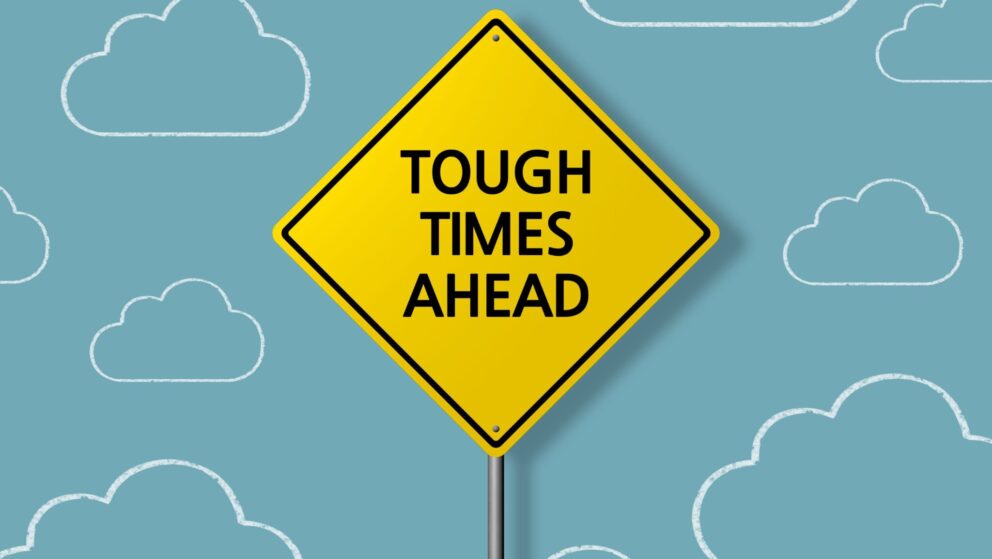The Power of Social Proof: How B2B Case Studies Influence Purchasing Decisions

By Karla Sanders, Engagement Manager at Heinz Marketing
Are you struggling to show potential customers the value of your B2B product or service? Look no further than the power of case studies. These real-life stories showcase how your company solved a client’s problem, and they’re a crucial tool for sales and marketing professionals. Here’s why they matter:
Demonstrate the Value of Your Offering
Potential customers want to see concrete examples of how your product or service can benefit them. Case studies allow you to show, not just tell, by highlighting specific problems your clients faced and how your offering provided a solution. These stories demonstrate the tangible value your company can bring to the table, making it easier for potential customers to envision working with you.
Build Trust with a Track Record of Success
In the world of B2B sales and marketing, trust is key. Potential customers want to know they’re partnering with a company that has a proven track record of success. Case studies provide evidence of your capabilities and build trust by showcasing the results you’ve achieved for previous clients. By sharing real-life examples of how you’ve helped other businesses, you can establish your credibility and demonstrate your expertise.
Provide Social Proof of Your Offering’s Effectiveness
When it comes to making purchasing decisions, potential customers look to others for guidance. Case studies provide social proof by demonstrating other businesses have successfully used your product or service. By showcasing how your offering has helped other businesses, you can increase your credibility and provide assurance that your product or service is effective.
Address Potential Objections
Potential customers may have objections or concerns about your offering. Case studies provide an opportunity to address these objections and demonstrate how your product or service overcomes them. By highlighting how you’ve helped other businesses with similar concerns, you can alleviate any doubts or hesitations potential customers may have.
Best Practices for Effective Case Studies
To create effective case studies, consider the following tips:
- Choose a Representative Client and Project: Select a client and project that’s representative of the type of work you typically do. This will make it easier for potential customers to see how your offering can benefit them.
- Tell an Engaging Story: Use storytelling techniques to make your case study engaging and easy to read. Highlight the challenges your client faced, the solutions you provided, and the results achieved.
- Use Visuals: Visuals such as images, graphs, or infographics can help make your case study more appealing and easier to understand.
- Promote Your Case Studies: Use your website and social media channels to promote your case studies. Share them with potential customers during the sales process to build trust and showcase your capabilities.
Data that Supports the Power of Case Studies
Here’s some data to back up the power of case studies: 73% of B2B buyers have used case studies to make a purchasing decision. That’s a significant majority! By not using case studies, you could be missing out on potential business opportunities.
Here are great examples of case studies that Heinz Marketing recently developed featuring customer success stories:
- How Financial Force Found Success Using AI and Personalization
- Anthology’s Website Revolution Through Personalization and Content Intelligence
- How Two Companies Deliver Personalized Content Experiences With PathFactory
In conclusion, case studies are a simple, insightful, and compelling way to showcase the value of your offering and win new business. By demonstrating the value of your product or service with concrete examples, building trust with a track record of success, providing social proof of your offering’s effectiveness, and addressing potential objections, case studies can help you close more deals. So, if you’re not using case studies yet, it’s time to start.




